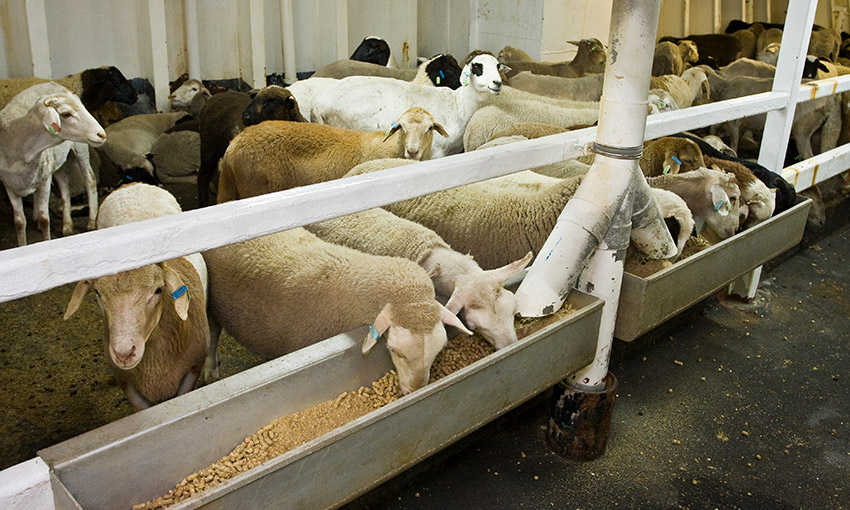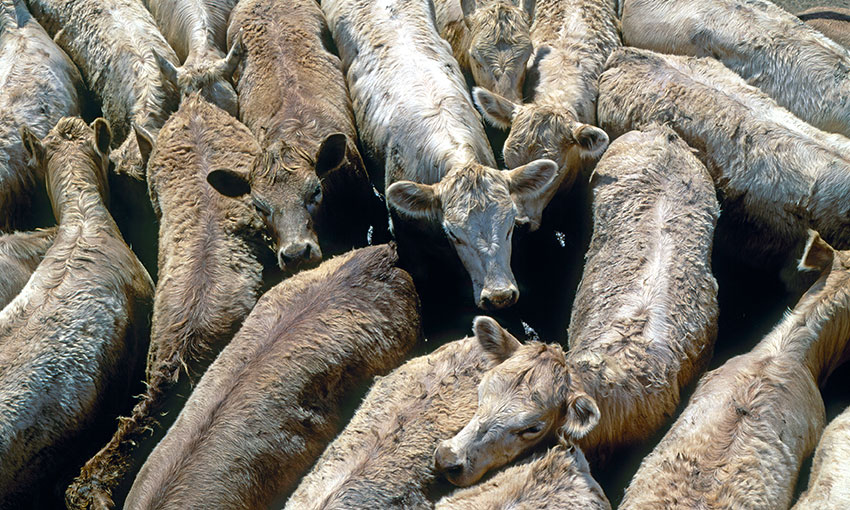THE PHASE-out process of the live export of sheep from Australia is underway as an independent panel is leading the consultation process.
The panel is chaired by former chief executive of the Murray Darlin Basin Authority Phillip Glyde.
The panel also includes Western Australian agriculture expert Sue Middleton, former federal minister Warren Snowdon, and former RSCPA CEO Heather Neil.
The panel is due to provide its report to the minister for agriculture, fisheries and forestry by the end of September.
Minister for agriculture, fisheries and forestry Murray Watt encouraged all stakeholders to take part in the consultation process.
“This panel brings together a strong and diverse mix of skills and experiences that will help facilitate meaningful consultation with all interested stakeholders and provide important recommendations on a pathway forward,” Mr Watt said.
“Starting this consultation process is an important step towards developing a considered and orderly implementation plan that advances animal welfare, examines the needs of impacted individuals, businesses and local communities and identifies opportunities for future sheep industry growth.”
Mr Watt said phasing out live sheep exports by sea is a complex issue that will impact farmers, businesses, our trading partners, and the communities that participate in the trade.
“I am also conscious that the wider Australian community is interested in the phase out, including those that want to see animal welfare maintained and improved,” he said.
“Along with other measures, such as creating a new Inspector-General of Animal Welfare, the Albanese Government is delivering on our election commitment to strengthen animal welfare in Australia.”
Mr Watt said his priority is to ensure the phase out occurs in an orderly way, with consultation and proper planning.
“Farmers and other industry participants need time to prepare, and that’s why the phase out won’t take effect during this term of Parliament,” he said.
“I encourage all stakeholders to participate and provide input into how and when the phase out should be implemented, including what’s needed to seize new opportunities, such as expanding onshore processing and exporting more of our high-quality sheep meat to the world.
National Farmers’ Federation chief executive officer Tony Mahar said the NFF stands with other peak agricultural bodies and farmers across Australia in opposing the ban on live sheep export, and does not support any process which aims to phase out the trade.
“Cancelling an entire industry based on activist demands sets a dangerous precedent. What industry will be next?” Mr Mahar asked.
“To wrench a key export market out from the Australian economy will have far reaching impacts on jobs and livelihoods in Western Australia, as well as our economy, agricultural systems and trade relationships.”
Mr Mahar said farmers’ customers in the Middle East rely on the live sheep trade to put food on the table.
“We saw in 2011 the damage it can do to a bilateral relationship when you pull the pin on a country’s food supply. It risks compromising Australia’s reputation as a reliable supplier of high quality food and fibre,” he said.
“We are an export orientated industry – if government starts cancelling export markets this send a seriously bad message to farmers.”
Mr Mahar said the policy to end live sheep exports is based on an “outdated campaign by welfare activists that ignores the significant animal welfare improvements made through heavy investment in new infrastructure and practices”.
“The industry has been open and transparent about the reforms it has made. We need to be clear headed about what this actually means for animal welfare outcomes,” he said.
“If Australia steps back as a global leader in this trade, others with lower standards stand ready to take our place. A phase out would be a serious retrograde step for animal welfare.
“We stand by our principles that wiping out an entire industry is not the answer and will not engage with the newly announced panel whose ultimate goal is to shut down live sheep export.”
Mr Mahar said the NFF was not interested in discussing the phase-out with the government.
“We’re ready to talk about the facts of the industry’s positive welfare improvements, and the immense downsides for the economy, animal welfare, and our trading relationships if this activist-led agenda becomes a reality,” he said.





